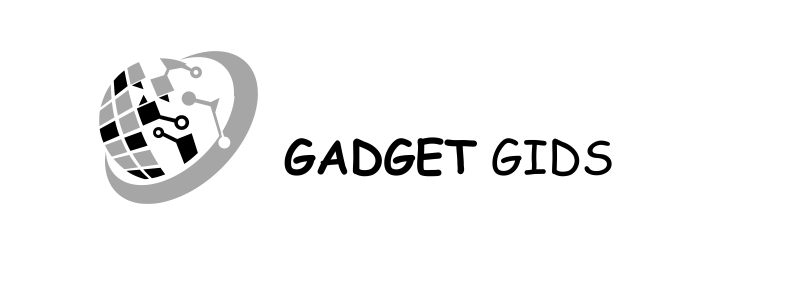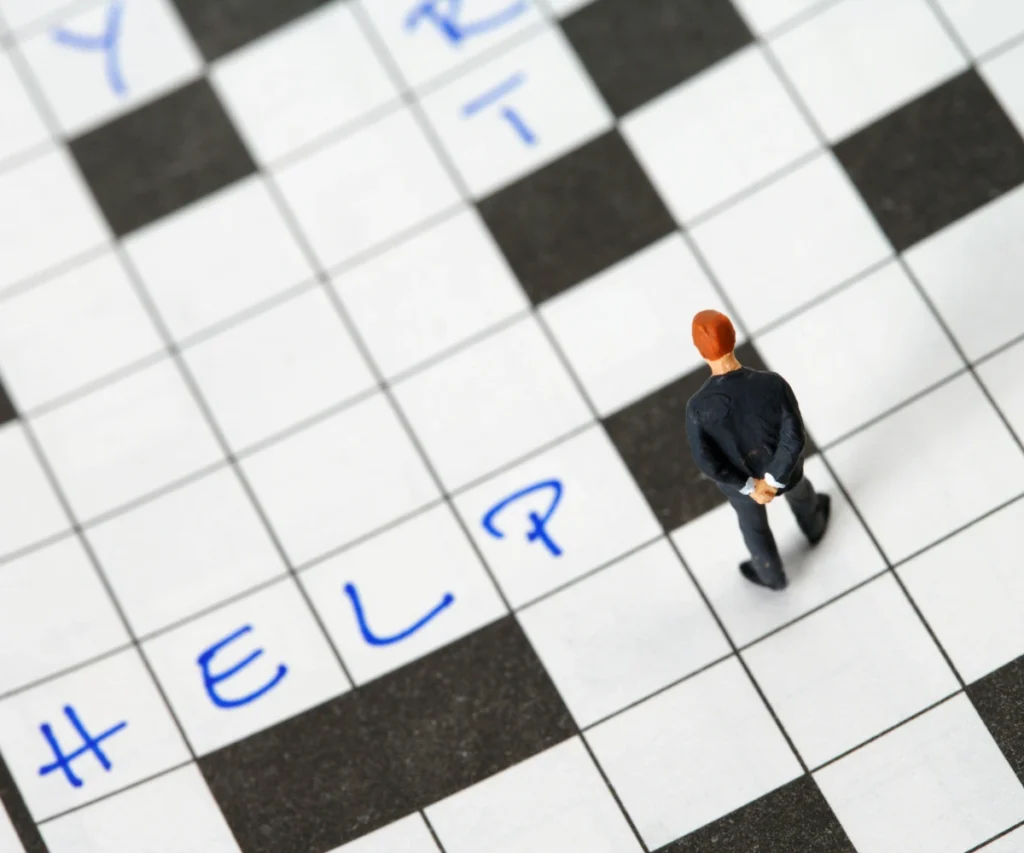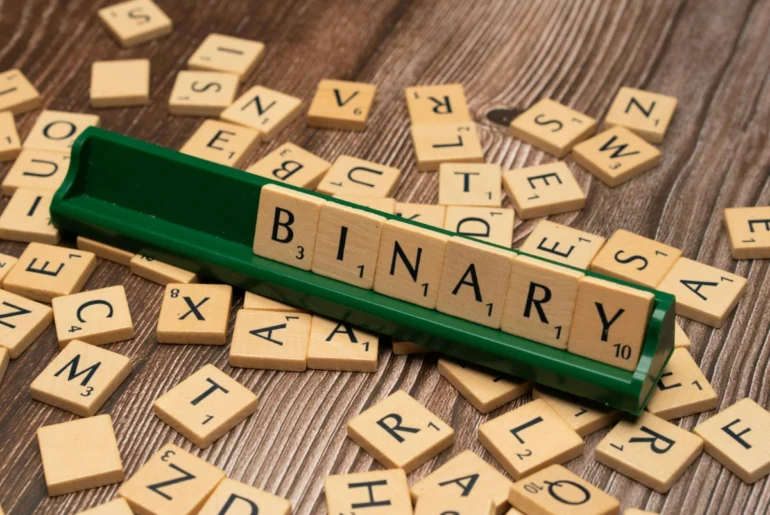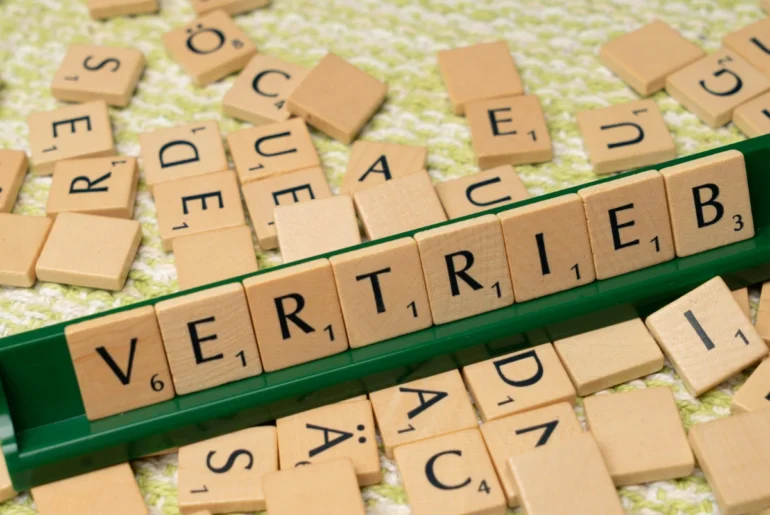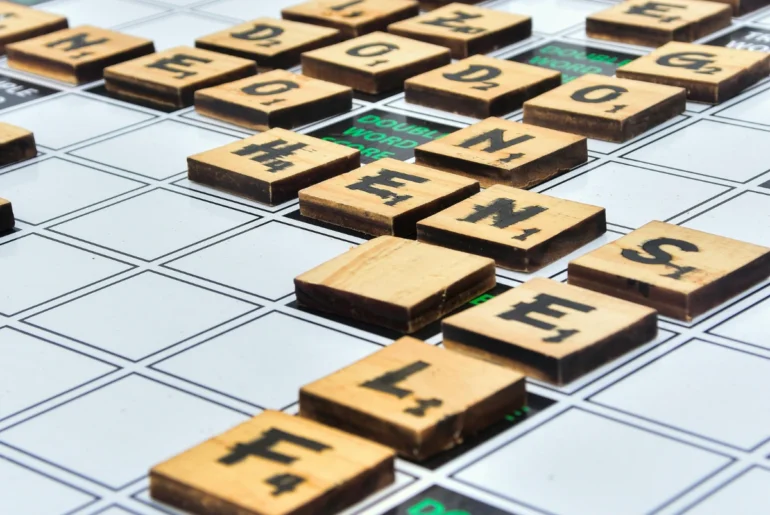Known for clever wordplay and creative themes, crossword puzzles are popular because of the quirkiness and unexpected nature of clues like eyeballs like a scuzzball. When the clues are weirdly funny and filled with cultural references or slang, they contribute to making the puzzle entertaining.
Clues grab attention because they deviate from traditional formats. They rely on vivid imagery or informal language to make the problem-solving process more entertaining. This uniqueness makes them memorable, encouraging solvers to revisit puzzles featuring these playful elements.
For further reading on Games, visit Gadget Gids.
Decoding the Clue: “Eyeballs Like a Scuzzball”
Breaking Down the Language of the Clue
To solve a clue like eyeballs like a scuzzball, it’s essential to dissect its language. The term “eyeballs” suggests staring or observing, while “scuzzball” evokes an image of something disreputable or unpleasant. Together, the phrase might hint at an action like glaring or leering in an unappealing manner.
What Does “Scuzzball” Imply in Crossword Context?
In crossword puzzles, words like “scuzzball” often hint at slang or cultural connotations. It might refer to a disreputable person, adding a layer of humor or social commentary. Understanding these nuances can lead solvers to the right answer, often rooted in colloquial expressions.
Common Answers for “Eyeballs Like a Scuzzball”
Popular Words Linked to “Eyeballs”
For the clue eyeballs like a scuzzball, common answers might include words such as “ogles,” “stares,” or “gawks.” These terms capture the act of looking intently or inappropriately, aligning with the clue’s colorful language.
The Role of Slang in Crossword Puzzles
Slang terms like “scuzzball” are increasingly featured in crosswords to add a modern twist. They make puzzles more relatable and dynamic, appealing to solvers who enjoy a mix of traditional and contemporary references.
Strategies for Solving Unusual Clues
Recognizing Contextual Cues in Crossword Puzzles
When tackling a clue, pay close attention to the surrounding answers. Contextual clues from intersecting words can provide hints about the tone and meaning of the solution, narrowing down possibilities.
Using Clue Length and Intersecting Letters
The length of the answer is crucial in solving quirky clues. For eyeballs like a scuzzball, identifying intersecting letters from other solved clues can guide you toward words like “ogles” or “leers,” which fit both the clue and the puzzle’s structure.
The Influence of Humor and Slang in Crosswords
Why Slang Adds Flavor to Puzzle Solving
Clues bring humor and personality to puzzles. They challenge solvers to engage with informal language and cultural references, making solving more enjoyable and less predictable.
Examples of Other Humorous Clues
Similar clues include phrases like “lazy person’s chair” for “recliner” or “messy eater’s bib” for “napkin.” These playful hints rely on creative thinking, much like “eyeballs like a scuzzball,” to entertain solvers.
Challenges with Scuzzball-Themed Clues
Interpreting Unfamiliar Words
Clues can be tricky for solvers unfamiliar with specific slang or idioms. Researching or guessing based on context can help bridge the gap between unfamiliar terms and possible answers.
Avoiding Common Pitfalls in Puzzle Solving
One common mistake is overthinking quirky clues like eyeballs like a scuzzball. Staying focused on the essential meaning and using intersecting letters can prevent confusion and guide you to the right solution.
How to Improve Your Crossword Skills
Tools and Resources for Tough Clues
Consider using resources such as crossword dictionaries or online forums to tackle clues. These tools provide insights into unusual terms and help build a broader problem-solving vocabulary.
Practicing with Similar Themes
The more you practice with puzzles featuring slang or humorous clues, the better equipped you’ll be to solve them. Clues become easier to decode with repeated exposure to similar puzzle themes.
Conclusion
Clues like eyeballs like a scuzzball show creativity and humor in what makes crosswords so appealing. Breaking down the language, using contextual hints, and using slang can be used to tackle these offbeat challenges confidently. These clues make puzzle-solving a little more fun, both the experience and the pleasure of deciphering unique themes.
FAQs
What Does “Scuzzball” Typically Mean in Puzzles?
In crossword puzzles, “scuzzball” usually refers to a disreputable or unpleasant person, often used humorously or exaggeratedly.
Are Slang and Humor Common in Crosswords?
Yes, slang and humor are frequently used in crosswords to add variety and challenge. Clues like eyeballs like a scuzzball exemplify this trend, combining wit with wordplay.

